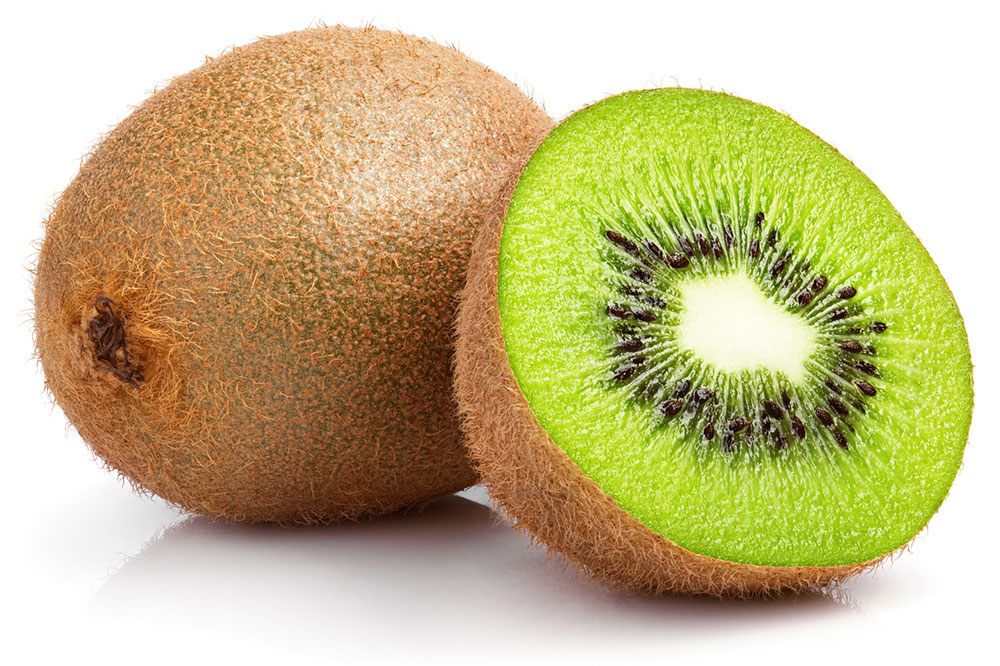Comprehensive Guide to Fast Relief from Constipation: Natural Strategies and Lifestyle Tips
This comprehensive guide explores natural and practical strategies for instant relief from constipation, emphasizing lifestyle changes, diet, hydration, and home remedies. It offers effective solutions for immediate relief and long-term prevention, ensuring improved digestive health and comfort.

Comprehensive Guide to Fast Relief from Constipation: Natural Strategies and Lifestyle Tips
Constipation is a common gastrointestinal issue that affects a significant portion of the population worldwide. It occurs when the muscles responsible for propelling stool through the colon become sluggish or weakened, leading to infrequent, difficult, or incomplete bowel movements. This condition not only causes discomfort but also impacts overall health and quality of life. Understanding the underlying causes and effective remedies is essential for quick relief and long-term management. In this comprehensive guide, we will explore natural and practical strategies to provide immediate relief from constipation, along with lifestyle modifications to prevent future episodes.
Understanding Constipation and Its Impact
Constipation is characterized by infrequent bowel movements—typically fewer than three per week—or difficulties during defecation. The stools are often hard, dry, and painful to pass. Common symptoms include bloating, abdominal discomfort, cramps, and a feeling of incomplete evacuation. While occasional constipation is normal, persistent issues can signal underlying health problems or lifestyle factors that need attention.
Approximately 20% of adults worldwide experience some form of constipation. Various factors contribute to this condition, including poor dietary habits, sedentary lifestyles, dehydration, certain medications, stress, and aging. Identifying these triggers can help in formulating effective treatment plans tailored to individual needs.
Understanding the anatomy and physiology of the digestive system is vital. The colon absorbs water from food waste and forms stool, which then moves towards the rectum for elimination. Proper muscle function and adequate hydration maintain regular bowel movements. When this process slows down, stool becomes hard and dry, leading to constipation.
In addition to uncomfortable symptoms, chronic constipation can lead to complications such as hemorrhoids, anal fissures, or fecal impaction. Therefore, timely intervention with natural remedies, lifestyle adjustments, and when necessary, medical treatment is essential to maintain gastrointestinal health.
Immediate Natural Techniques to Relieve Constipation
For quick relief, several natural techniques can stimulate bowel movements effectively. These methods are non-invasive, easily accessible, and can be implemented at home without the need for medications.
Deep Breathing and Relaxation Exercises: Engaging in deep breathing exercises can stimulate the parasympathetic nervous system, which promotes digestive activity. To do this, pinch your nose and exhale slowly, holding your breath for about 30 seconds. Then, release and inhale gently. Repeating this process several times can help relax your abdominal muscles and trigger peristalsis—the wave-like muscle contractions that propel stool through the colon.
Warm Beverages to Jumpstart Bowel Movements
Consuming warm drinks, such as coffee, herbal teas, or lemon water with honey, can serve as natural laxatives for some individuals. Coffee, in particular, contains compounds that stimulate intestinal contractions. Warm liquids increase circulation in the gastrointestinal tract and can help loosen stool, making it easier to pass. Starting your day with a warm beverage not only boosts hydration but can also stimulate gastrointestinal motility.
Light Physical Activity
Physical movement is a powerful aid in relieving constipation. Activities like brisk walking, jogging, or even gentle stretching can stimulate bowel activity. Movement increases blood flow to the digestive organs and promotes natural peristalsis. Ideally, incorporating at least 30 minutes of moderate exercise daily can significantly reduce constipation episodes.
Home Remedies and Natural Supplements
Several household items can assist in alleviating constipation. Baking soda mixed with warm water neutralizes excess stomach acid and can help produce gas, relieving bloating and discomfort. Epsom salt, dissolved in water, acts as a natural osmotic laxative by drawing water into the intestines, softening stools, and promoting bowel movements. Enemas with saline or soapsuds provide quick relief from severe constipation, but they should be used sparingly and under guidance if necessary.
Another effective remedy is adopting a squatting position during defecation. Using a footstool to elevate your legs mimics natural squatting, which aligns the rectum and eases stool passage without straining. Lubricative laxatives like mineral oil coat the stool and intestinal walls, making it easier to pass, but these should be used only as a last resort and under medical supervision.
The Importance of Hydration and Diet
Proper hydration is crucial in managing constipation. Drinking at least 12 to 15 glasses of water daily helps keep stools soft and easier to pass. Warm water, especially in the morning, can stimulate bowel movements. Alongside adequate fluid intake, increasing dietary fiber is vital. Fiber adds bulk to the stool and promotes regularity. Rich sources include fruits (apples, pears), vegetables (broccoli, carrots), oats, whole grains, and legumes.
Long-term Lifestyle Changes for Preventing Constipation
Prevention is always preferable to treatment. Developing a routine that includes a high-fiber diet, regular physical activity, and good hydration significantly reduces the risk of constipation. Managing stress through relaxation techniques and ensuring sufficient sleep also support healthy bowel function. Establishing regular toileting habits—such as trying to go at the same time each day—helps train your colon for consistent activity.
If lifestyle modifications do not yield results, or if constipation persists or worsens, consultation with a healthcare professional is essential. They may recommend medications like laxatives or other interventions. In rare cases, severe or chronic constipation may require surgical options, especially if structural abnormalities or neuromuscular disorders are involved.
In summary, understanding the root causes of constipation and adopting a holistic approach involving natural remedies, dietary adjustments, physical activity, and stress management can effectively provide immediate relief and promote long-term gastrointestinal health. Regular bowel movements are key to overall well-being, and with proper care, constipation can be managed efficiently.





